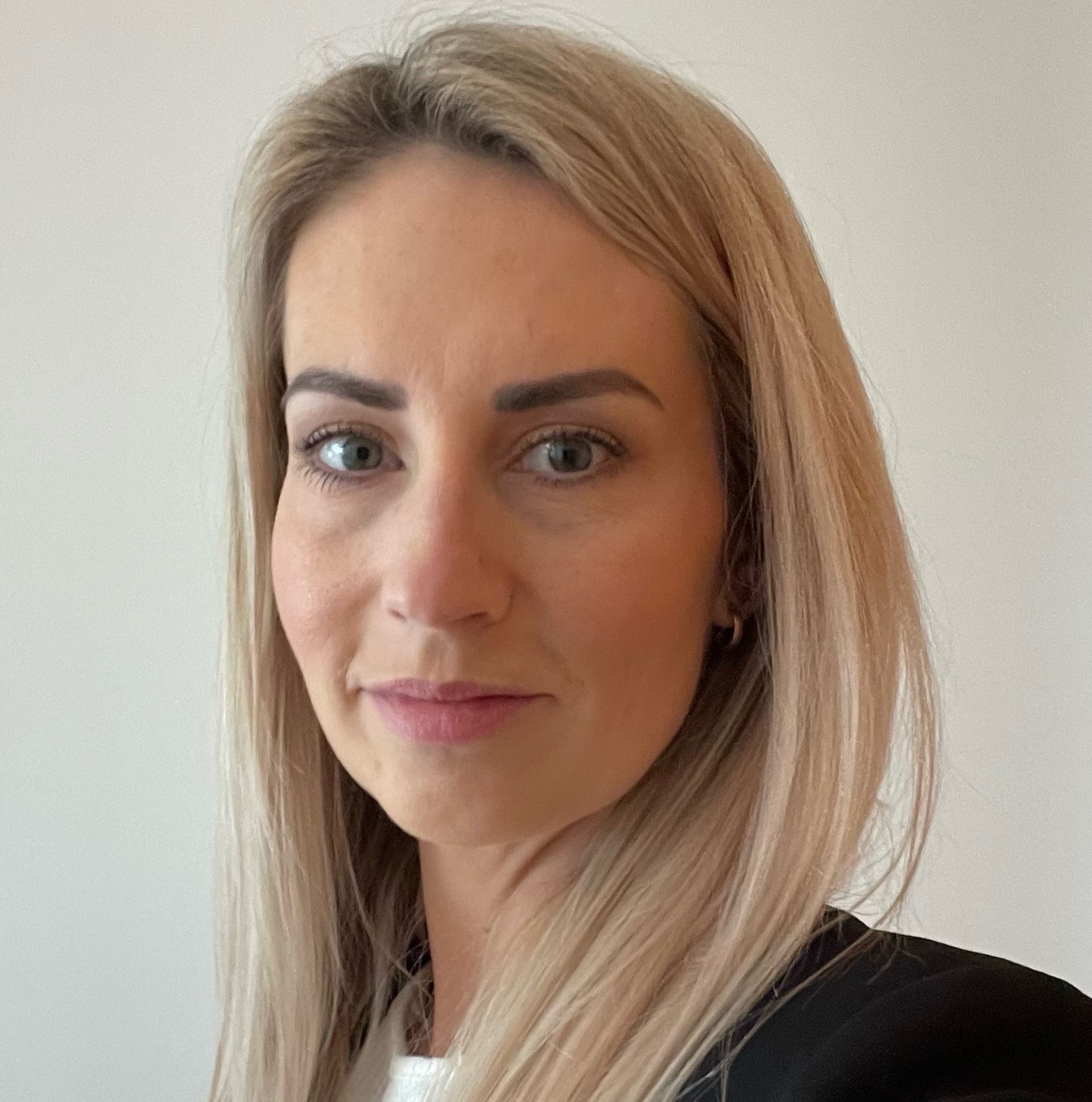International Women’s Day (8 March) is a global day celebrating the social, economic, cultural and political achievements of women. The day also marks a call to action for accelerating women’s equality.
We caught up with Amy Wells, Chief Strategy Officer at JLA, a private equity backed critical asset supply and services business who shared her thoughts on championing diversity in the workplace.
Having graduated from Newcastle University with a degree in Economics, Amy joined PwC where she qualified as a Chartered Accountant before taking up an Analyst role at Rothschild where she progressed to Director. In 2019 she joined JLA as M&A Director and was appointed to the Executive Board as Chief Strategy Officer the following year.
What do you perceive are the main advantages and disadvantages to being a woman at work?
For me the main advantage would be the ability to offer a different perspective. Every individual offers something different to the workplace and I believe it is important not only to build diverse teams, but also to understand and appreciate each other’s differences and the diversity of thought and perspective that brings. Whether it be diversity in the form of gender, ethnicity, religion, age or sexual orientation, collectively those unique and different individuals will make a more well-rounded, successful team.
I think the main disadvantage for most women is balancing work and a career with family life. Having become a parent myself just 9 months ago, I can foresee very different life and work challenges to come when I return from maternity leave. But a good employer should recognise the challenges parenthood brings, regardless of gender, and support its employees to fulfil their family life alongside their work commitments, in whatever form that support takes.
What is the best piece of advice you have been given?
Don’t be afraid of change. In today’s fast paced environment change is almost inevitable, so it is important to learn to embrace change, focus on the positives and the opportunities it can bring.
What is your biggest success or challenge completed?
I am very proud of my career to date (thank you to Sharp Consultancy for their part in my journey!) but particularly my time in Investment Banking at Rothschild. When I entered the world of Investment Banking as an Analyst I was the first female in the team, in fact I was told that I was hired as the “token female”. Despite the preconceptions of others, I worked hard, was extremely dedicated and brought a different dynamic to the team, all of which helped me to be recognised and progress quickly through to Director. Embracing the challenge of being a young female in a very male dominated environment has certainly underpinned my passion for diversity in the workplace.
From a work perspective, what would be the one change you would make to help forge a gender equal world?
Employer encouragement for both parents to be very much involved in family life. When it comes to job offers and promotions I believe there is less gender bias today than 10 years ago (although it still exists), however, women still take the majority of the responsibility when it comes to children. When I return from maternity leave my partner will take equal share of responsibility when it comes to our family and his employer has been very supportive of this. I believe the more this is encouraged the easier it becomes for women to enjoy their work and achieve their career aspirations alongside enjoying family life.
Who is your female role model and why?
I don’t have a single female role model, but there are many women close to me who I admire. From my mother who was a successful undercover police officer back in the 80’s, to female friends and family members who juggle everyday life with being working professionals and giving 110% to both.
Are there any particular initiatives that your organisation has in place which have had a significant impact on diversity and inclusion?
Although it is the role of all colleagues to be part of the D&I drive, we have an amazing HR Director who won the Financial Times Championing Gender Diversity Award in 2019, and she is leading a host of initiatives to ensure our female colleagues are supported in their development and progression through the business. A particular focus at the moment is around attracting more women into engineering roles at JLA, and we are currently partnering with The Women's Engineering Society on this topic.
Sharp Consultancy specialises in the recruitment of temporary, interim and permanent finance and accountancy professionals. With offices in Leeds and Sheffield our highly experienced team of consultants recruit for positions throughout Yorkshire and beyond. CONTACT US today for expert advice on your next career move.



